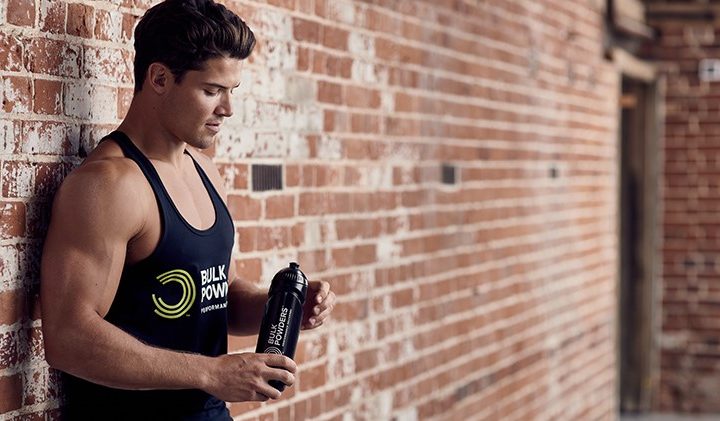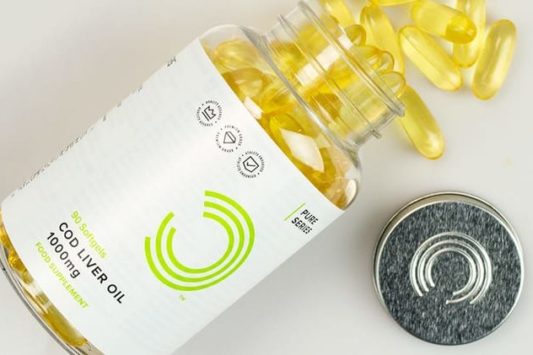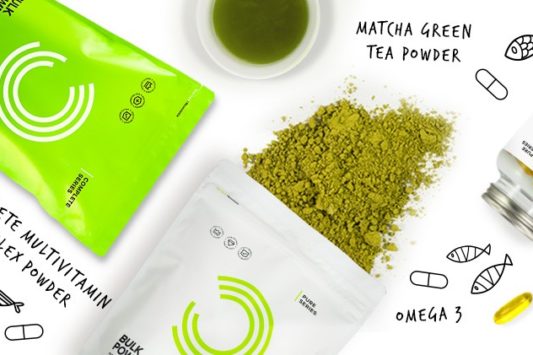The word antioxidant has become a bit of a buzz word in the world of health and fitness. Many products or foods are touted as being high in antioxidants, but what exactly are antioxidants? How important are they? Where are they found? And do they live up to the hype?
WHAT ARE ANTIOXIDANTS?
As the name suggests, antioxidants are compounds that negate the potentially dangerous effects of ‘oxidants’. You may have also heard about oxidants being referred to as ‘Free Radicals’ or ‘Reactive Oxygen Species’.
The term Reactive Oxygen Species (ROS) gives us some clues as to what oxidants are, and in fact, despite being perceived in a bad light, these are an essential part of normal energy metabolism. Oxidative species are important cellular signallers that play key roles in all manner of processes in the body… but a clue as to their potential negative effects is in the name ‘reactive’.
ROS can, if left unchecked, react with parts of our cells including our DNA. DNA is important for producing healthy, fully functioning cells and if our DNA is affected this can lead to cell death and mutations causing diseases like cancer. Therefore, antioxidants are required to ‘scavenge’ and protect against excessive amounts of ROS, making them inert to protect our cells from damage and mutations.
WHERE ARE ANTIOXIDANTS FOUND?
In terms of vitamins and minerals, our main antioxidant vitamins are A, C and E. An easy way to remember this is that ‘our antioxidant vitamins are ace!’. From a mineral perspective our antioxidant minerals include zinc and magnesium.
Foods that are rich in these antioxidants are going to keep our ROS ‘balanced’ and help promote health. Vitamin A is found in large amounts in liver, green leafy vegetables, carrots and sweet potatoes. Most people are aware of foods that are rich in vitamin C, including citrus fruits but red/dark berries and leafy greens/broccoli also pack some antioxidant punch. This means simply adding a few pieces of fruit and eating your greens should help towards your daily vitamin A and C needs.
Vitamin E is a fat soluble vitamin, so is mostly present in fatty foods such as almonds, avocado, olive oil and oily fish; but it is also present in some vegetables such as spinach and sweet potatoes. Vitamin E is one of the most under consumed vitamins, with many people falling short of their recommended daily intakes; this is largely down to people not consuming the food sources in which vitamin E is present.
For those who don’t like oily fish, then fish oil supplements are a great way of getting essential omega-3 fatty acids and plenty of vitamin E in the diet. Vitamin E in fish oils also help to protect the omega-3’s against oxidation and damage, preserving the quality and effectiveness of omega-3 in the body.
Zinc is a mineral present in many protein rich foods including lamb, beef and poultry, but is also found in good amounts in some plant sources including cashew nuts, chickpeas and spinach. So, having a protein rich diet and again making sure we eat our greens, is going to go a long way to meeting our zinc needs.
Magnesium is another micronutrient that many people fall short of hitting their recommended daily intake. Magnesium is found (yet again!) in dark leafy greens, seeds, beans, oily fish, whole grain rice, avocados and bananas.
HOW CAN I FIT MORE ANTIOXIDANTS IN MY DIET?
We appreciate that many people struggle, even with the best intentions, to eat enough of the right kinds of foods to ensure that they are providing their body with not only antioxidants but also other important micronutrients and fibre. This can be due to a dislike of the taste of certain foods, or just because it is not convenient to prepare fresh fruit and vegetables at each meal.
We can take some of the inconvenience out of eating antioxidant rich foods by adding them into smoothies, using frozen fruit, or using tinned or frozen vegetables which can simply be microwaved. Batch cooking meals and soups that are packed full of vegetables and then frozen for when needed can also save a lot of time (and money if you buy in bulk).
ARE THERE NON-FOOD ALTERNATIVES?
Eating fruit, vegetables, nuts and seeds every day can be expensive as well as time consuming to prepare, so sometimes it is easier from both a convenience and financial perspective to use supplements. Vitamin and mineral supplements have no food preparation time, are relatively inexpensive and we have some confidence we are hitting our daily micronutrient needs.
We may be missing some of the other ‘good stuff’ from whole foods such as fibre and essential fatty acids, but as long as we are aware of these limitations and make an attempt to incorporate some whole grains, a variety of protein sources and fit in fruit, vegetables, nuts and seeds where we can, then using supplements is a great way to ensure your daily antioxidant and other micronutrient needs are met.
In summary, antioxidants are important to support long term health, preventing illness and disease. Antioxidant vitamins and mineral can be obtained in sufficient amounts through eating a balanced and varied diet including plenty of fruit, vegetables, nuts and meat, including oily fish. However, for those who simply dislike certain foods, avoid certain foods for ethical reasons, or simply want a more convenient and cost effective way to consume essential nutrients, then supplements provide an effective solution to support intake of antioxidants and other important micronutrients in the diet.



